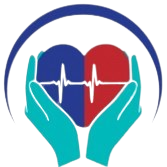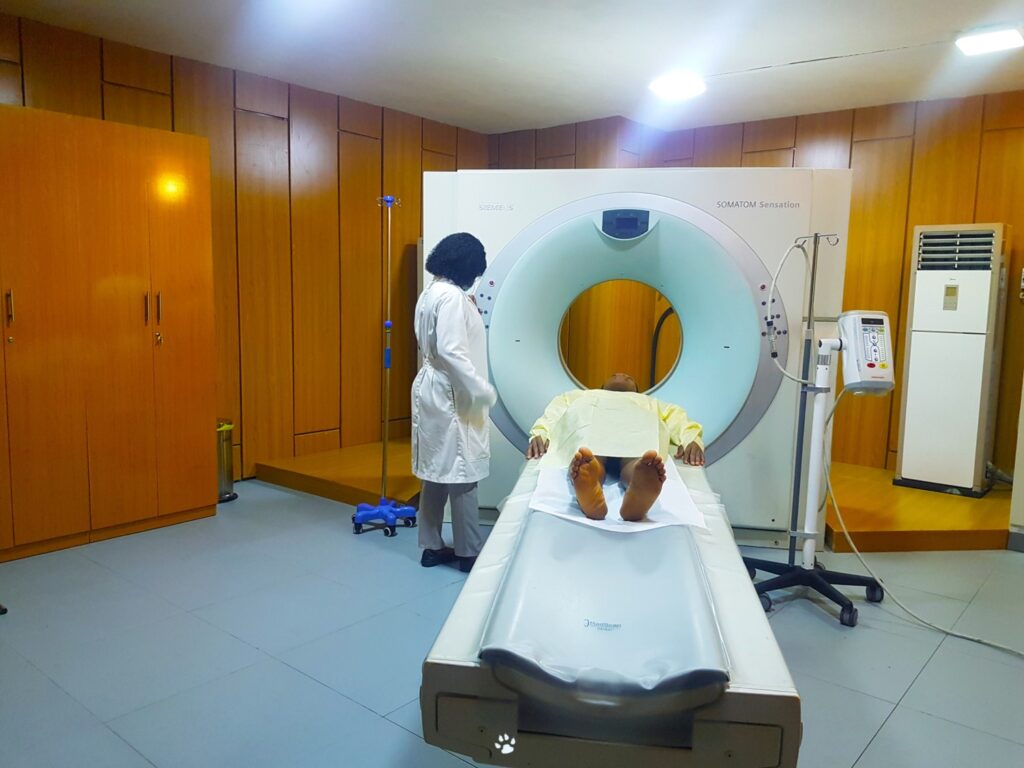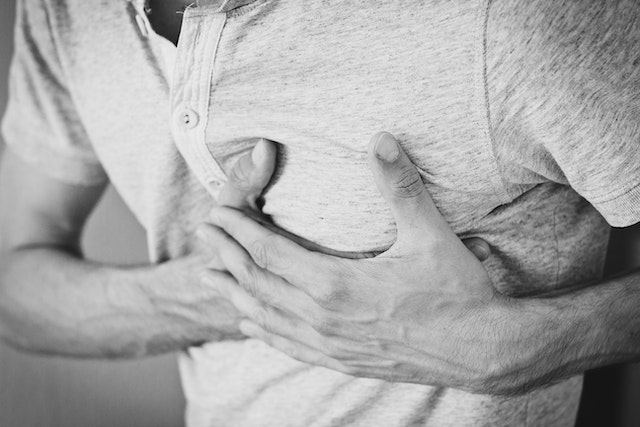Sleep apnea, a sleep disorder affecting millions worldwide, can cast a shadow on the quality of life. The struggle to breathe properly during sleep not only disrupts rest but also leads to daytime fatigue and potential long-term health risks. At United Hearts Hospital, we understand the impact of sleep apnea and are committed to providing comprehensive care and effective treatment options for our patients. In this blog post, we will delve into the world of sleep apnea, its symptoms, risks, and how our specialized approach can help you conquer this condition, leading to restful nights and energized days.
Understanding Sleep Apnea: Sleep apnea is a disorder characterized by pauses in breathing or shallow breaths during sleep. The most common type, known as obstructive sleep apnea (OSA), occurs when the throat muscles relax and obstruct the airway. This interruption in breathing can recur throughout the night, resulting in disrupted sleep patterns and diminished oxygen levels.
Recognizing the Symptoms: Identifying the symptoms of sleep apnea is crucial for early intervention. Some common signs include loud snoring, gasping or choking during sleep, daytime sleepiness, morning headaches, irritability, and difficulty concentrating. If you or a loved one experiences any of these symptoms, it is essential to seek professional evaluation for proper diagnosis and treatment.
The Risks of Untreated Sleep Apnea: Sleep apnea not only impacts the quality of sleep but can also have serious health consequences. Untreated sleep apnea has been linked to an increased risk of high blood pressure, heart disease, stroke, diabetes, and obesity. Furthermore, it can contribute to impaired cognitive function, depression, and accidents due to daytime drowsiness. Taking action against sleep apnea is essential to safeguard your overall health and well-being.
Our Comprehensive Approach: At United Hearts Hospital, we take a holistic approach to treating sleep apnea, addressing the underlying causes and tailoring treatment plans to each patient’s unique needs. Our experienced sleep specialists utilize state-of-the-art diagnostics, including overnight sleep studies and advanced imaging, to accurately diagnose and assess the severity of sleep apnea.
Treatment Options: With a deep understanding that every patient is different, our multidisciplinary team crafts individualized treatment plans. The most common treatment for sleep apnea is continuous positive airway pressure (CPAP) therapy, which involves wearing a mask during sleep to deliver a steady flow of air, keeping the airway open. We work closely with our patients to ensure the CPAP device is comfortable and effective.
For those who may not tolerate CPAP or seek alternative options, we offer innovative treatments such as oral appliances, positional therapy, lifestyle modifications, and weight management programs. Our goal is to find the right solution that suits each patient’s preferences, lifestyle, and medical needs.
The Journey to Restful Nights: Conquering sleep apnea is a journey towards better sleep and improved health. Our dedicated team provides ongoing support and guidance, ensuring that patients experience the full benefits of treatment. Regular follow-up appointments, adjustments to treatment plans, and education on sleep hygiene empower individuals to take control of their sleep health.
Take the First Step: If you or a loved one suspects sleep apnea, it’s time to take action. Reach out to United Hearts Hospital and schedule a consultation with our expert sleep specialists. We are here to guide you through the diagnosis, treatment, and long-term management of sleep apnea, helping you regain peaceful nights and energized days.



























